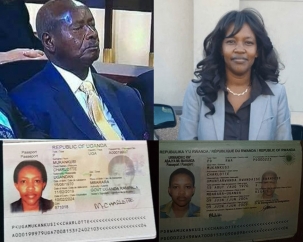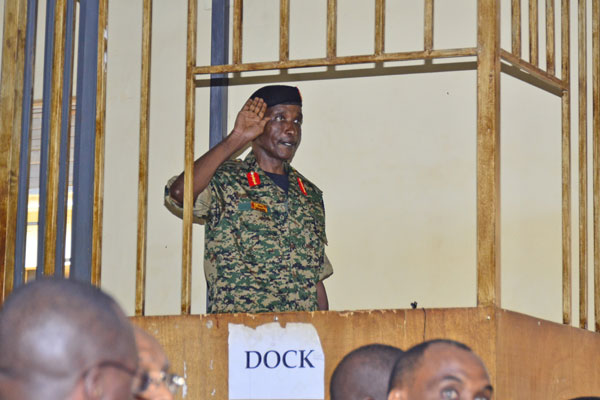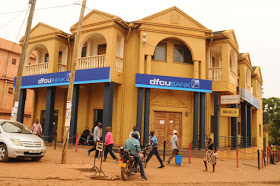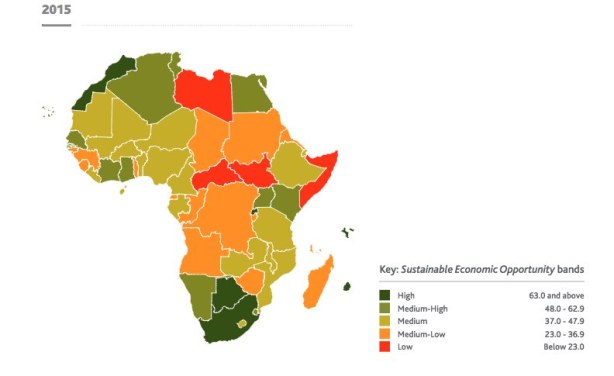
Abamu ku basaabaze nga balwanira bbaasi
EKIRAGIRO ky’okusengula bbaasi ezimu okuva mu paaka ya Qualicel ey’omugagga Drake Lubega ereetedde abasaabaze abamu okubuzibwabuzibwa ne babulako entambula okugenda gye balaga.
Kino kyadiridde akakiiko akavunanyizibwa ku by’entambula
n’okuwa bbaasi layisinsi Transport Licensing Board (TLB) okuyisa ekiragiro egiggya bbaasi ezikwata mu bugwanjuba
n’obukikakono mu paaka ya Qualicell ne balekamu ezidda mu buvanjuba.

Embeera eno ereetedde paaka ya Qualicell okusigalamu kampuni za bbaasi nnya zokka okuli YY Coaches, Gateway, Kampala Hopper, Teso Coach ne Kakise okuba nga zezitikiramu
abasaabaze ng’endala zalagiddwa okugenda mu paaka ya Namayiba ne Kisenyi Bus Terminal.
Nathan Ssemujju akolera mu kkampuni ya YY agambye nti ekiragiro kino kikosezza nnyo abali mu mulimu gw’okusaabaza abantu mu mu kiseera kino bangi bakonkomalidde mu paaka tebalina mmotoka zibatwala kuba ezisinga zigyiddwa mu paaka.

“ Ekiragiro ekyayisiddwa nga kiggya bbaasi ezemu mu paaka ya Qualicell kitumenya kuba kati paaka nkalu nga temuli mmotoka zitwala basaabaze era eziriwo bali mu kuzirwanira tusaba abaakiyisizza bakikyuseemu” Ssemujju bwe bwategeezezza.
Agambye nti mu paaka ya Qualicell musigaddemu baasi 32 zokka songa luli mubaddemu ezisoba mu 150 nga abasAabaze bali mu kutataganyizibwa
ekisusse nga kyetagisa okukomyawo baasi ezimu.
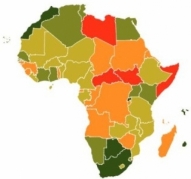
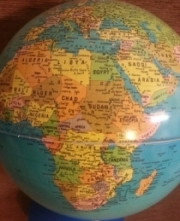

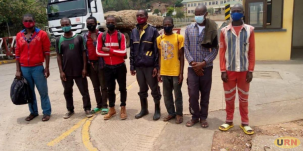 Some of the deportees
Some of the deportees
